None

As Douglas Adams famously stated, "Space is vast. Its immensity is beyond belief. " However, the space surrounding Earth is becoming increasingly crowded with satellite networks, telescopes, space stations, and a considerable amount of debris. As our reliance on satellites for essential services such as communications, location services, internet access, and climate monitoring grows, the potential economic consequences of collisions or damage caused by space debris could be catastrophic. Disruptions to essential services and political ramifications may follow suit. Given that the number of objects in orbit is projected to increase in the coming years, and considering the high costs of fuel and maintenance missions, innovative solutions are necessary to prevent vital systems from adding to the ever-expanding cloud of space debris encircling Earth. So, just how significant is this problem? Dr. Chiara Manfletti, a Professor and the COO of start-up Neuraspace, aims to address this issue by utilizing artificial intelligence (AI) and machine learning to predict and prevent collisions, effectively establishing a space traffic management system (STM). It is crucial to note that this comparison to terrestrial air traffic management is not precise. According to Manfletti, there are approximately 8, 000 objects, including active satellites, currently present in space. In addition, there are around 38, 000 objects larger than 10 centimeters in orbit, along with hundreds of thousands of objects ranging from one to 10 centimeters. Furthermore, there are millions of smaller objects. Thus, a cloud of space debris surrounds Earth. It is worth mentioning that estimates from the European Space Agency (ESA), NASA, and Manfletti herself may differ, but she offers a rough estimate to illustrate the risk at hand. Manfletti emphasizes that while space is vast, it is not limitless, and the Kessler syndrome poses a significant threat. In this scenario, a collision between objects generates more debris, triggering a cascade effect of subsequent collisions. This phenomenon was chillingly portrayed in the movie "Gravity" in 2013. However, the precise number of objects in space remains unknown due to defense programs and geopolitical tensions among various nations, including the West, China, Russia, Iran, and others. Regardless of the true figure, even a single significant collision could have disastrous consequences. This underscores the importance of predictive AI-based solutions like Neuraspace's. Despite being founded as recently as 2020, Neuraspace has quickly established itself in the field. By raising €25 million ($27. 4 million) in venture capital, it has become part of NVIDIA's Inception AI start-up accelerator. Looking ahead, Manfletti believes that making spacecraft more autonomous, enabling them to make decisions and communicate with other satellites independently, would be part of the long-term solution. Just as connected cars can communicate with each other, satellites could establish links to coordinate movements and avoid potential collisions. Meanwhile, the implementation of such autonomous spacecraft may outpace the development of autonomous cars due to the absence of human factors in space operations. Consequently, Manfletti envisions Neuraspace becoming a trusted source of expert knowledge in this field. Dr. Chiara Manfletti's background in space propulsion and mobility, including past leadership roles in various space agencies, distinguishes Neuraspace as a unique start-up. With a diverse team comprising individuals from different backgrounds, disciplines, and seniority levels, the company combines expertise in areas such as orbital dynamics/mechanics, binary code, and software engineering.
This multidisciplinary approach sets Neuraspace apart, and its product is already on the market, setting an impressive milestone for such a young company with a clear vision and the expertise to back it up. Neuraspace's primary goal is to ensure the profitability of space operations for satellite operators. By ingesting, analyzing, and processing data, the company focuses strongly on AI and machine learning. However, it does not make critical decisions for fleet operators. Instead, it warns them of potential risks and offers expert advice on how to maneuver their spacecraft to avoid collisions. This advice is optimized to minimize the impact on the satellite's service and propellant consumption, as propellant is crucial for spacecraft operations. Furthermore, an element of "ignorance is bliss" exists, as not knowing the extent of the threat in space can lead to surprises when incidents occur. Collisions have indeed happened in the past, with six accidental high-speed collisions between satellites or satellites and space debris occurring since 1991. Lower-speed accidents have also taken place during this period. With the increasing number of satellites, the fear is that the space above Earth may eventually reach a critical mass of orbiting equipment, where a single collision could trigger a catastrophic cascade of damage. Even tiny objects, such as micrometeorites, can have a significant impact on expensive equipment, as demonstrated by the James Webb telescope, which suffered permanent damage from a micrometeorite strike in 2022. While there is enormous potential in the space sector, the entry barrier has been lowered, leading to an influx of new companies with less knowledge of how space works. Collision avoidance has primarily relied on manual processes and data consulting until now. Neuraspace aims to be a proactive and predictive solution in this regard. However, other factors must be considered in this complex and rapidly evolving market. The absence of established rules and guidelines for satellite operators when two satellites are on a collision course poses a challenge. Some operators have started considering these scenarios, and there are guidelines suggesting that the more modern satellite should maneuver due to its higher fuel capacity. Nonetheless, additional factors, such as the satellite's remaining lifespan and the potential for becoming more space debris, need to be carefully evaluated. Unfortunately, the regulatory process is slow, and collision prediction itself can be complex, with uncertainties playing a significant role. AI has come to the rescue in this aspect as well, with Neuraspace developing models that predict the evolution of uncertainties over time, providing satellite operators with valuable information in advance. The intricacies of orbital dynamics, including gravitational perturbations and atmospheric conditions, need to be considered when predicting object movements in space. Additionally, space weather indices play a crucial role, as they account for the impact of space weather on atmospheric conditions. Neuraspace incorporates these factors along with object data to provide comprehensive predictions. Despite the uncertainties and challenges involved, Neuraspace's innovative approach and application of AI offer new possibilities for the management and prevention of collisions in space. In conclusion, Neuraspace is an innovative start-up utilizing AI and machine learning to predict and prevent collisions in space. With an increasing number of objects in orbit around Earth, the potential economic and operational consequences of collisions and debris damage are significant. Neuraspace's expertise and focus on AI-based solutions provide invaluable assistance to satellite operators, helping them maneuver their spacecraft to avoid collisions while minimizing service disruptions and propellant consumption. With its multidisciplinary team and extensive knowledge in orbital dynamics and mechanics, Neuraspace is well-positioned to address the challenges posed by the growing space debris problem.
Brief news summary
None
AI-powered Lead Generation in Social Media
and Search Engines
Let AI take control and automatically generate leads for you!

I'm your Content Manager, ready to handle your first test assignment
Learn how AI can help your business.
Let’s talk!

AI Film Festival Highlights AI's Growing Role in …
The AI Film Festival, hosted by AI-generated video company Runway, has returned to New York for its third consecutive year, highlighting the rapidly expanding role of artificial intelligence in filmmaking.
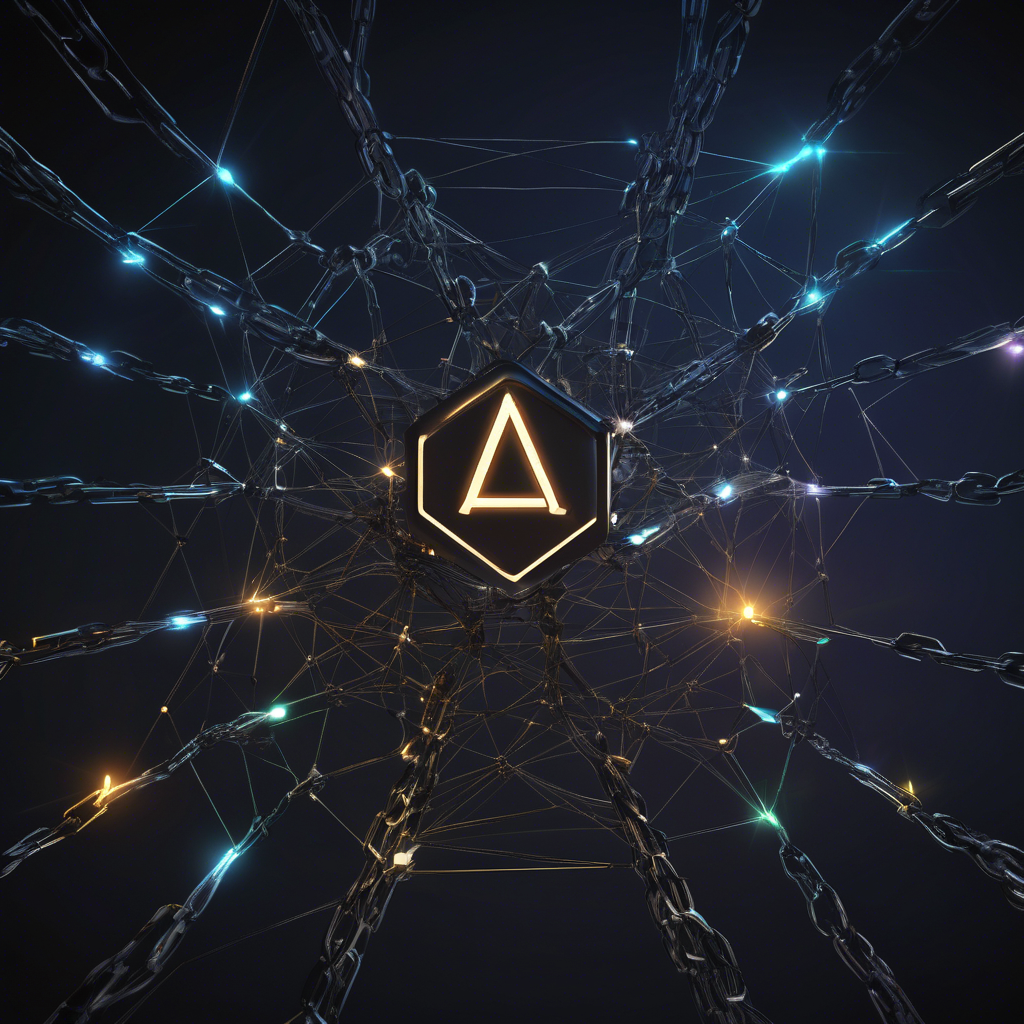
ZK-Proof Blockchain Altcoin Lagrange (LA) Lifts O…
A zero-knowledge (ZK) proof altcoin has seen a significant surge after receiving support from Coinbase, the leading US-based cryptocurrency exchange platform.
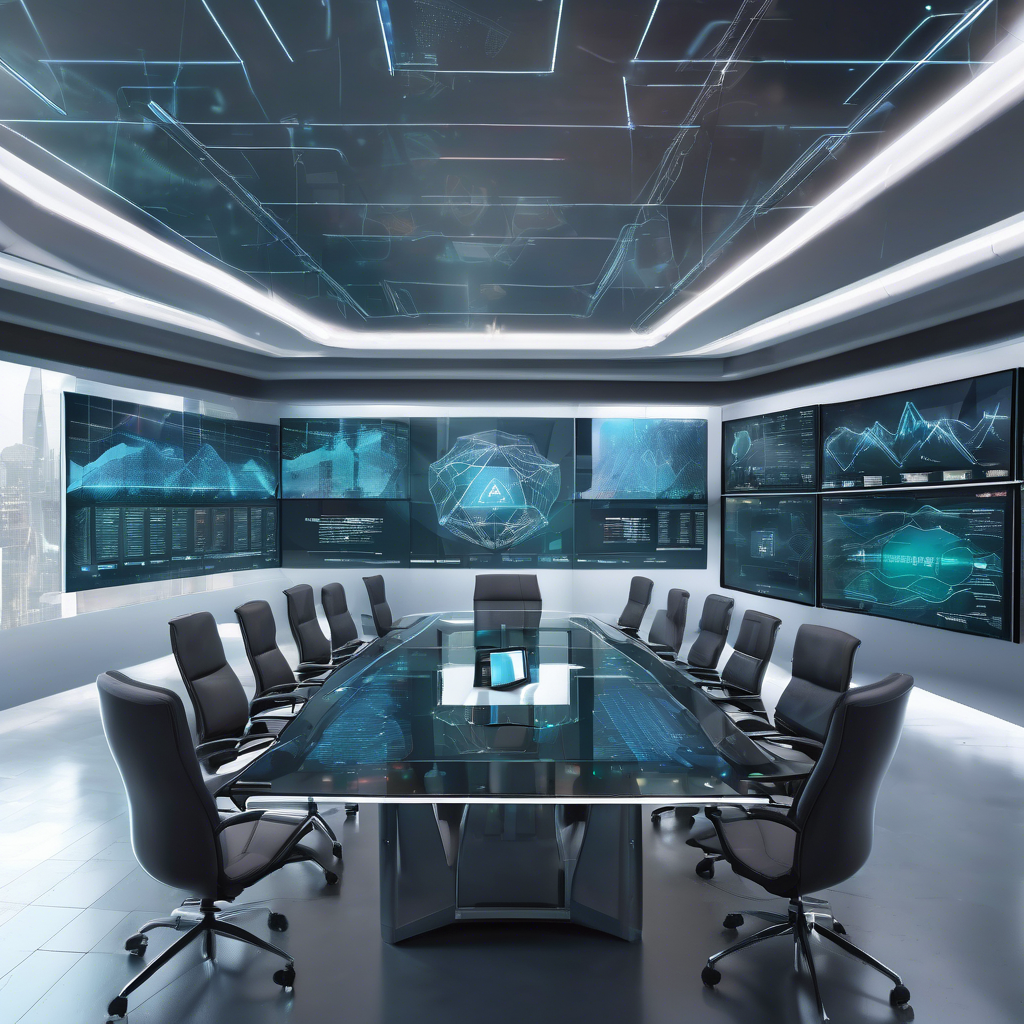
Blockchain and Digital Assets Virtual Investor Co…
NEW YORK, June 06, 2025 (GLOBE NEWSWIRE) — Virtual Investor Conferences, the premier proprietary investor conference series, today announced that the presentations from the Blockchain and Digital Assets Virtual Investor Conference held on June 5th are now accessible for online viewing.
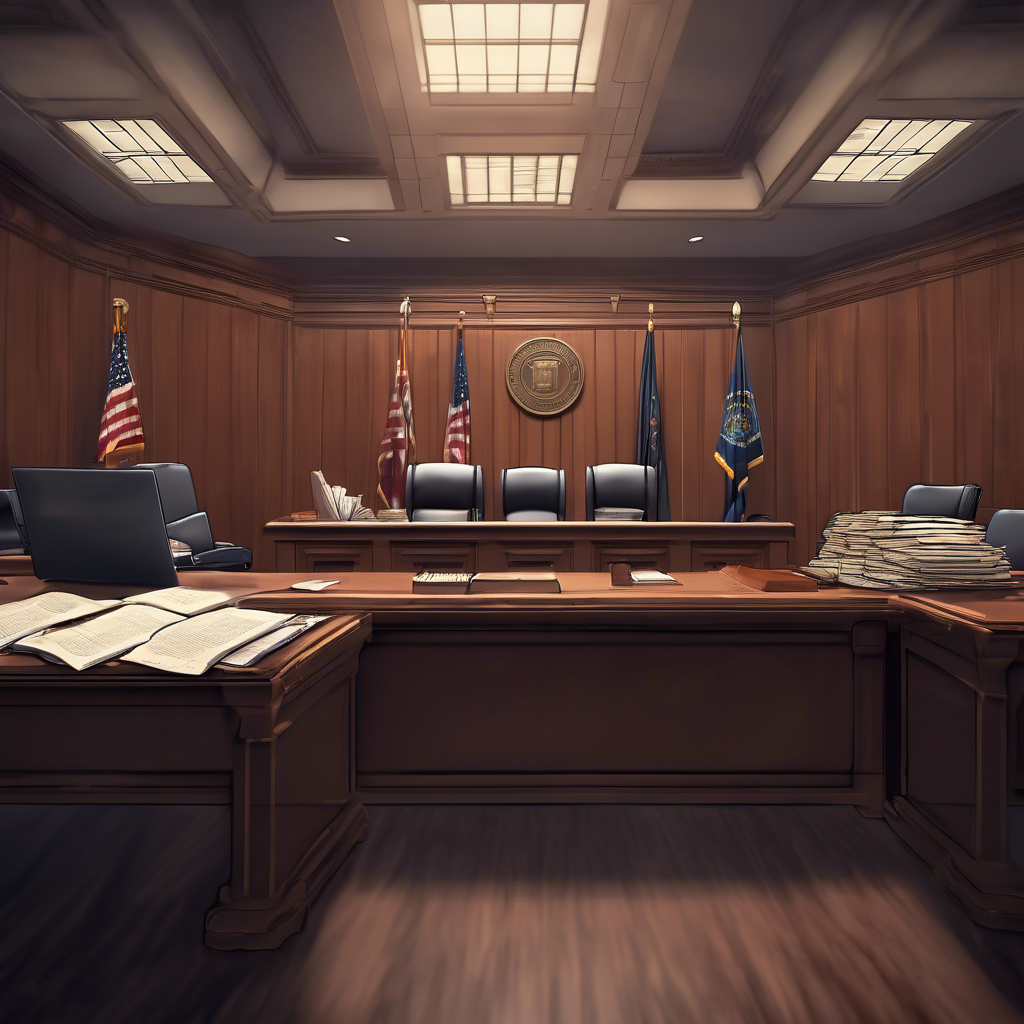
Lawyers Face Sanctions for Citing Fake Cases with…
A senior UK judge, Victoria Sharp, has issued a strong warning to legal professionals about the dangers of using AI tools like ChatGPT to cite fabricated legal cases.
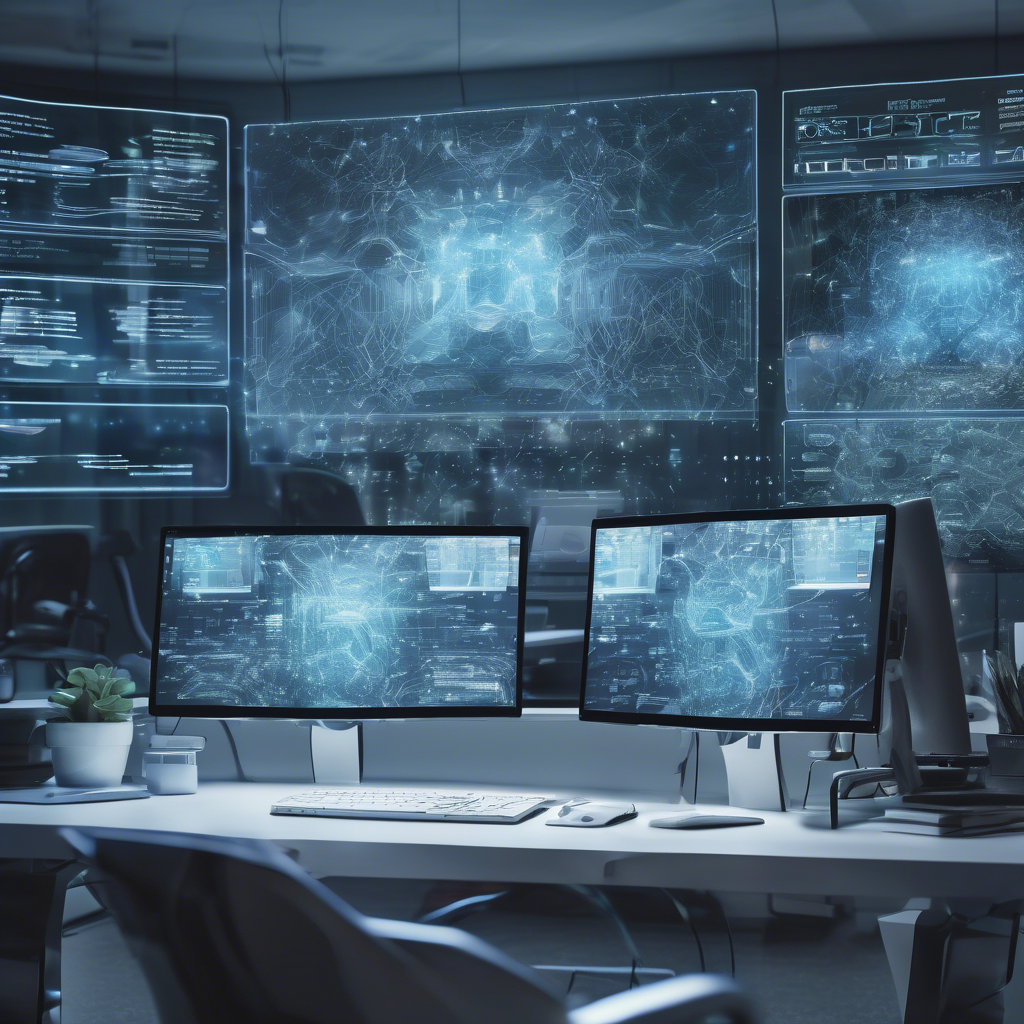
What Happens When People Don't Understand How AI …
The widespread misunderstanding of artificial intelligence (AI), especially large language models (LLMs) like ChatGPT, has significant consequences that warrant careful examination.
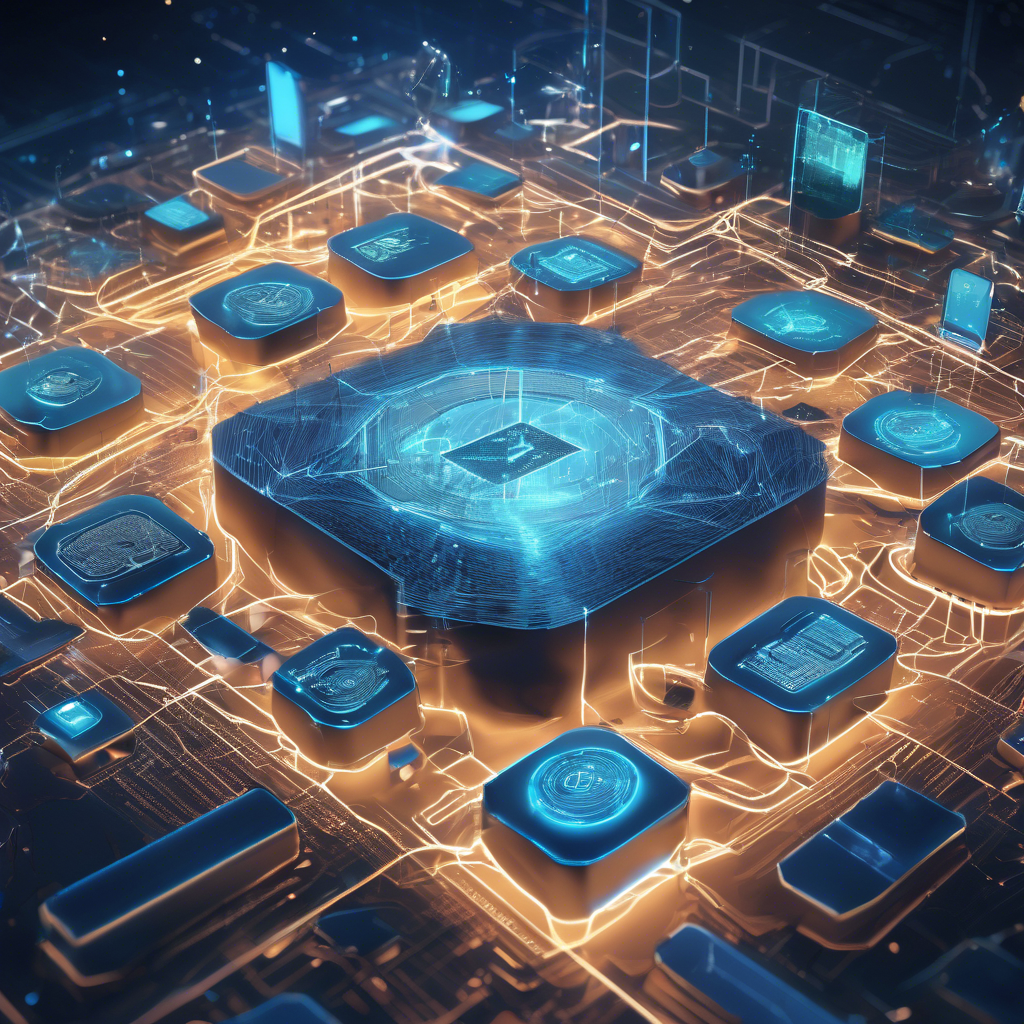
Scalable and Decentralized, Fast and Secure, Cold…
In today’s fast-changing crypto market, investors gravitate toward blockchain projects that blend scalability, decentralization, speed, and security.

Blockchain in Education: Revolutionizing Credenti…
The education sector faces significant challenges in verifying academic credentials and maintaining secure records.

 Auto-Filling SEO Website as a Gift
Auto-Filling SEO Website as a Gift








 Auto-Filling SEO Website as a Gift
Auto-Filling SEO Website as a Gift

